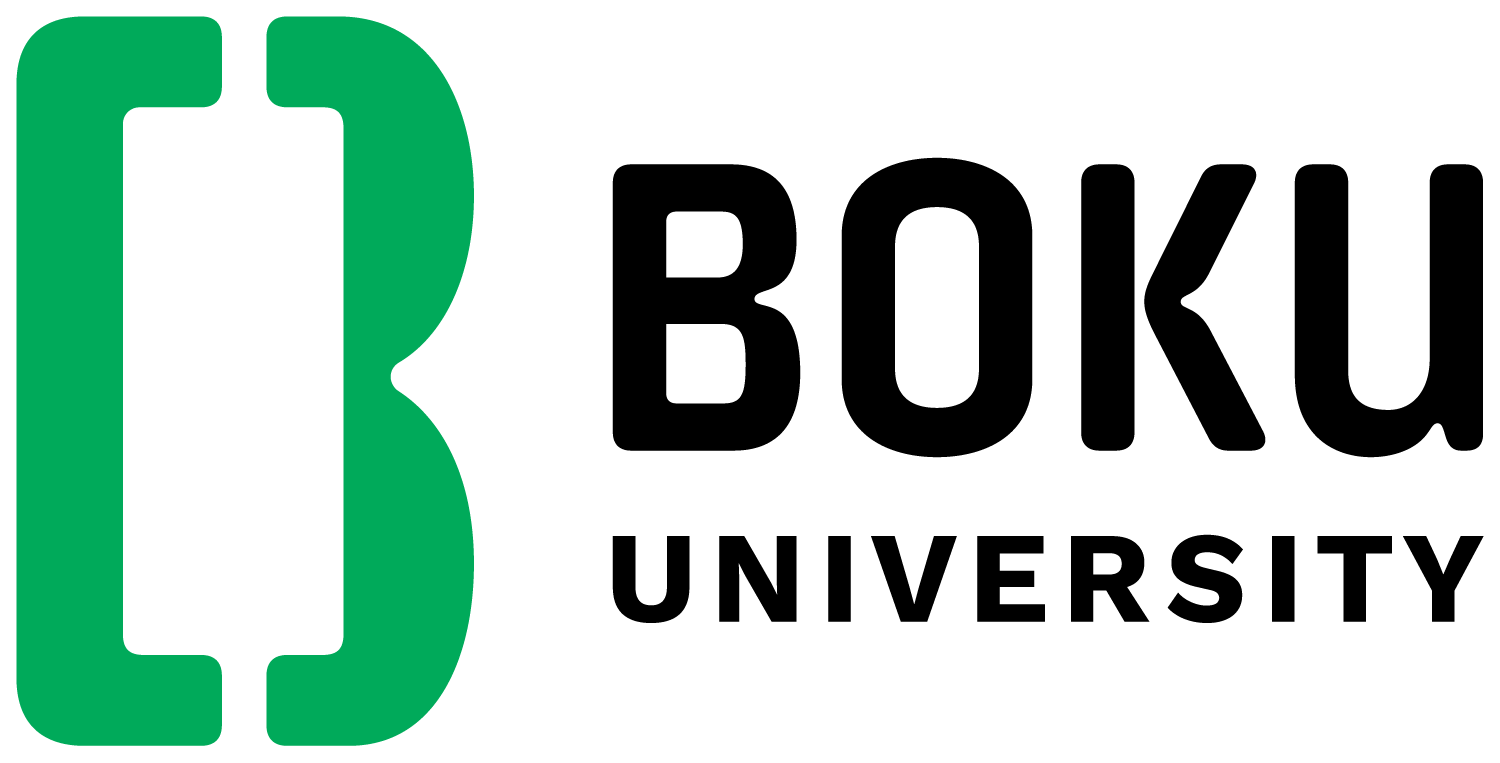University of Natural Resources and Life Sciences Vienna (BOKU) is the Austria-based life sciences university dealing with teaching and research in the field of natural resources management and sustainability. This includes agricultural sciences, forestry, water management, food and biotechnology as well as environmental resources management. BOKU (staff: over 2900 employees) is offering various academic educational programs to over 10,000 students on the bachelor, master and doctoral level. BOKU has a long-lasting experience in soybean research which dates back to the 1870ies when Friedrich Haberlandt successfully introduced soybean to Europe. BOKU is involved in soybean breeding and seed quality research since the 1990ies when soybean acreage started to increase in Central European countries. At present, BOKU is involved in national and international soybean research projects such as the Haberlandt project (genetic diversity analysis, collaboration and germplasm exchange between European and Chinese soybean research companies and institutes) or the EU horizon Europe funded project Legume Generation. The major focus in BOKU breeding research is in the better adaptation of soybean to the specific requirements of soy-food production. Moreover, research activities on mitigation of climate change effects through increased tolerance of early maturity soybean to drought are underway.
Role in the Legume Generation project
BOKU Department of Crop Sciences is leading the soybean innovation community. It is participating in tasks on field experimentation for agronomic performance and yield. Here BOKU is providing digital phenotyping information as well as various screenings for characters related to drought stress tolerance. BOKU is leading a task dedicated to the development of food-grade soybeans suitable as a raw material for soy-food production. In this task, food safety characters, quality traits such as seed protein or sucrose content and traits related to taste of products are elaborated. In the work package lupin, BOKU will support molecular marker analysis in order to better understand the inheritance of the desired characters, to find the right alleles and to follow these alleles in the selection process. Here, BOKU will also screen lupin germplasm for resistance against Sclerotinia and Fusarium diseases using stat-of-the-art molecular genetic tools. In addition, BOKU will also support dedicated training, demonstration and dissemination activities.



